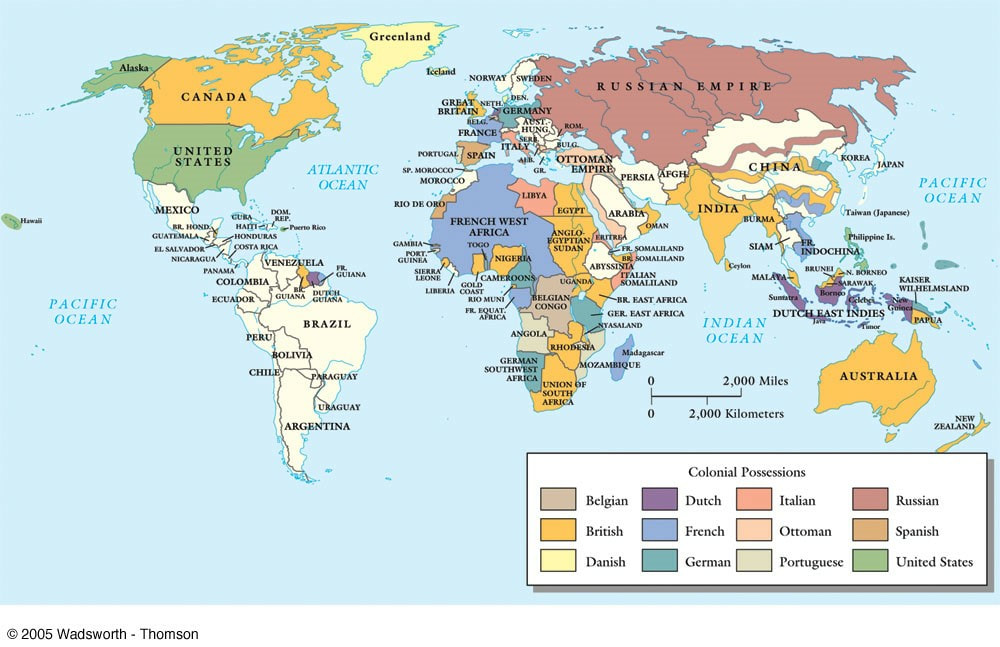Vocabulary
Revolutions (American, French, Haitian)
Revolutions (Latin America)
Industrial Revolution
Imperialism
Assignments/Readings
WORLD MAPS
Adam Smith, The Wealth of Nations
Karl Marx, The Communist Manifesto
Industrialization Primary Sources
Imperialism Overview Reading
British Imperialism in India Overview Reading
Tanzimat Reforms
Latin American Revolutions Reading
Opium War Secondary Source Reading
Rudyard Kipling, White Man's Burden
Projects
Revolutions Compared
Power Points
French Revolution PowerPoint
Napoleon PowerPoint
Reviews
Revolutions (American, French, Haitian)
Revolutions (Latin America)
Industrial Revolution
Imperialism
Assignments/Readings
WORLD MAPS
Adam Smith, The Wealth of Nations
Karl Marx, The Communist Manifesto
Industrialization Primary Sources
Imperialism Overview Reading
British Imperialism in India Overview Reading
Tanzimat Reforms
Latin American Revolutions Reading
Opium War Secondary Source Reading
Rudyard Kipling, White Man's Burden
Projects
Revolutions Compared
Power Points
French Revolution PowerPoint
Napoleon PowerPoint
Reviews
